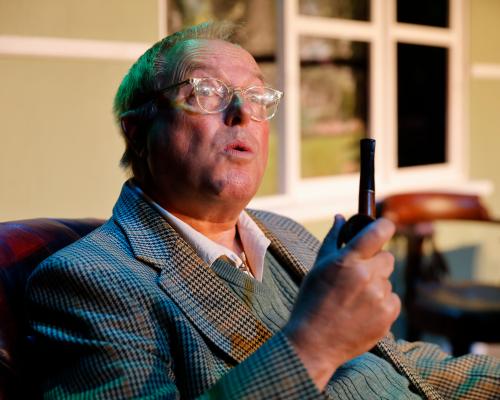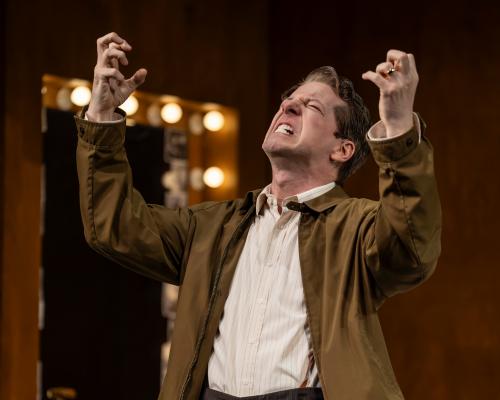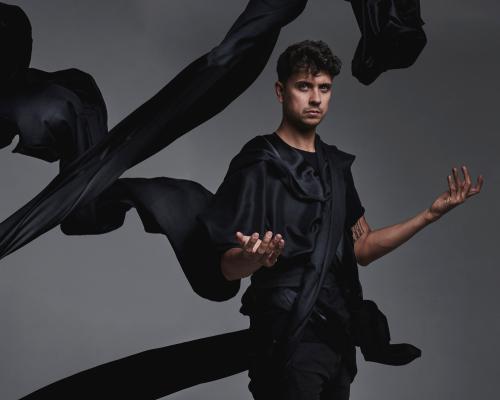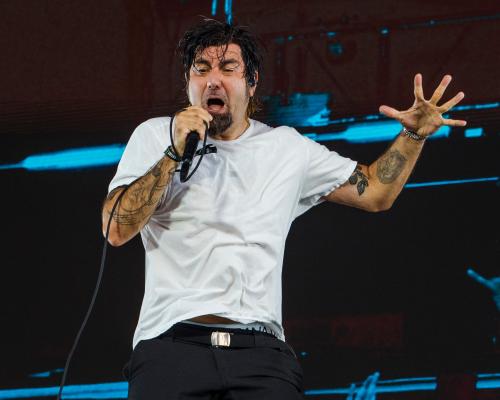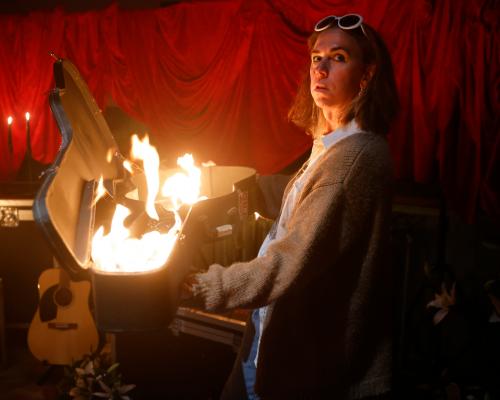
There is a fashionable theory among pop revisionists that Kurt Cobain was transgender. The evidence is there in the floral dresses, the sexual ambiguity and the air of transgression. That the Nirvana star never said anything about it, goes the line of thought, only points to the less accommodating mood of the grunge-era 1990s. The singer’s suicide at 27 might, in other times, have been included in the grim tally of trans death statistics.
Three years after Cassie Workman told Cobain’s story in Aberdeen, a melancholic spoken-word show, Emma Frankland is similarly drawn to reflect on the life of a musician who caught the imagination of a generation. Frankland knows the theory is unprovable, even a little absurd, but takes heart in the thought that it could be true. She refers to Cobain as she/her throughout.
Having been a teenage grunge obsessive in pre-internet Falmouth, keeping vigil with her best friend when news broke of the singer’s death, Frankland can only fantasise about what it would have meant for her to have had a trans role model of such fame. What if Dave Grohl had revealed the secret to unsuspecting fans? What if Cobain herself had sung her truth? How different might trans solidarity have been?
Hunched over an acoustic guitar in an exact copy of Cobain’s 1993 MTV Unplugged clothes – right down to the cigarette burn in the floppy brown cardie – she uses this idle fantasy as a way of talking about a deeper truth. In a poetic, engagingly spoken performance, directed by Harry Clayton-Wright, she moves from humour to anger as she considers the stresses of not being seen, not being accepted, not being valued.
Even a female Icarus, she says in a twist on the classical myth, stretching her glorious wings and coming out to the world, might still be constrained, her feathers clipped by an intolerant society.
•At Summerhall, Edinburgh, until 24 August.
• All our Edinburgh festival reviews

